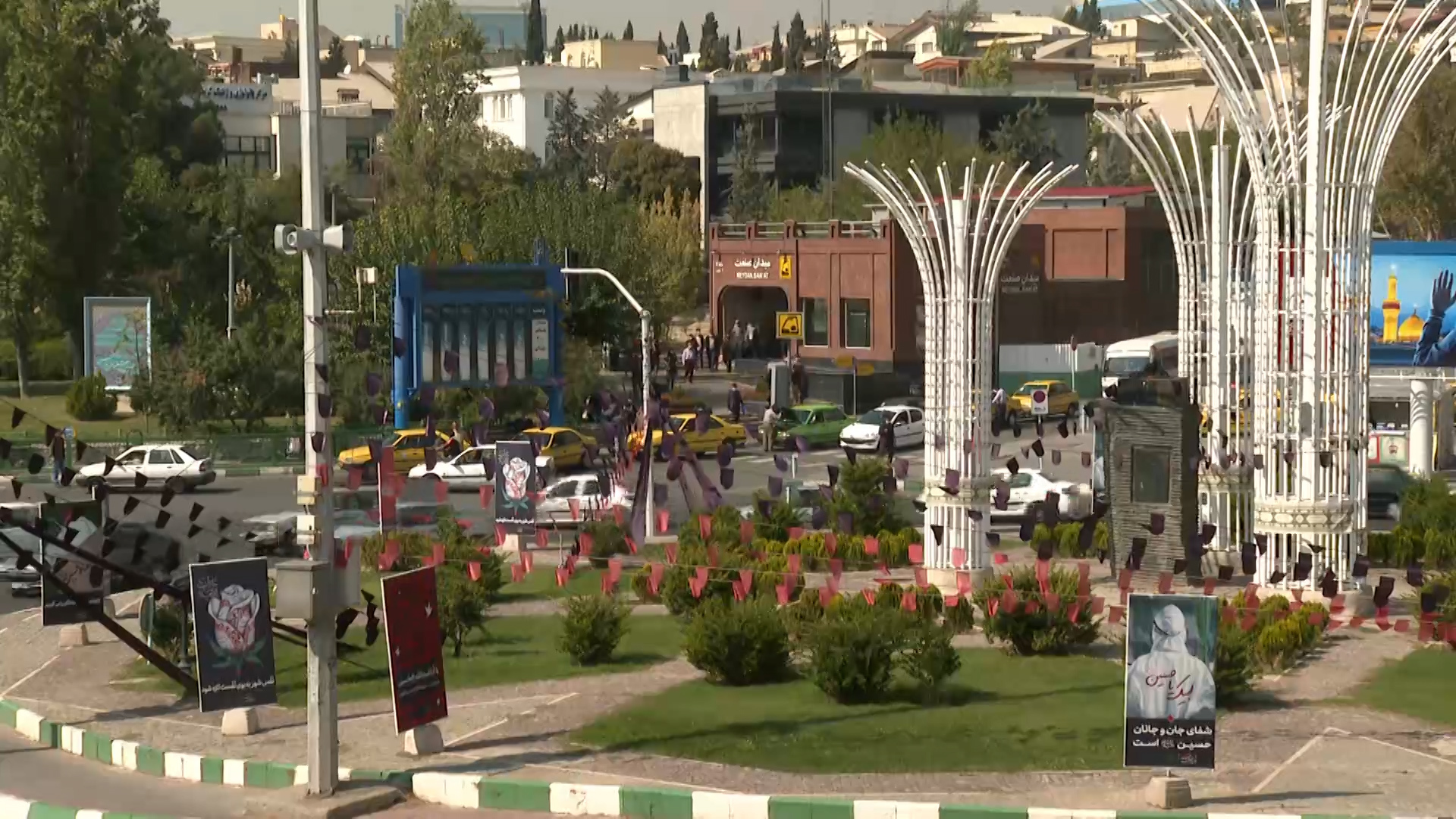Night protests continued in the Iranian capital, Tehran, and several cities for the ninth day in a row, as protesters went out in the city of Sanandaj in the western province of Kurdistan and the city of Amal in the northern province of Mazandaran.
Protesters also gathered in the city of Shiraz in the southern province of Fars, and reports on social media indicate that the protests also continued in the city of Tabriz in the northwestern province of East Azerbaijan and the city of Rasht in the northern province of Gilan.
Security forces used tear gas to disperse the demonstrators, and demonstrators raised the slogan "Death to the Dictator." Some of them raised the same slogan from the windows of their homes in several areas of the capital, Tehran.
The protests erupted on the 19th of this month after the death of Mahsa Amini, 22, from the northwestern province of Kurdistan, in a hospital in the capital, 3 days after her arrest by the so-called “Guidance Patrols” (the morality police) for allegedly wearing indecent clothing.
While activists said that the girl had received a fatal blow to the head during her detention, officials denied this and announced an investigation into the incident.
On the other hand, several regions in Iran witnessed rallies in support of the government and the regime in the country, and the participants in the pro-regime rallies condemned what they described as riots and chaos in the protests, and expressed their support for the police forces in confronting the anti-protests.
The participants accused the United States, Britain and Israel of inciting the protest.
accusations of the west
Iranian Foreign Minister Hossein Amir Abdollahian said that peaceful protest is the right of every nation, but the United States supports rioters and provocative actions in Iran, noting that Washington's interference in Tehran's internal affairs contradicts the White House's diplomatic messages.
For his part, the head of the judiciary in Iran, Gholamhossein Ejei, said that whoever he described as the enemy seeks to destabilize security, stir riots, and threaten the security and stability of citizens, through the recent protests in Iran.
He added, during his visit to the Tehran Metropolitan Police Command Center, that the main elements leading the protests will be dealt with firmly, and there will be no leniency with them, as he put it.
Tehran had accused Washington of trying to interfere in internal affairs after the Treasury Department announced easing sanctions related to the telecommunications sector and facilitating Iranian access to the Internet in conjunction with the protests.
Last Saturday, Iranian Foreign Ministry spokesman Nasser Kanaani considered that "by easing a number of sanctions on the telecommunications sector, while maintaining maximum pressure, the United States seeks to advance its goals against Iran."
The American position
On the other hand, US National Security Adviser Jake Sullivan said that his country's involvement in nuclear talks with Iran does not mean turning a blind eye to its violations against Iranian citizens, as he put it.
Sullivan added in an interview with the American network ABC that his country is working to facilitate the Iranian demonstrators' access to the Internet to convey their voices to the world.
On Sunday, the Iranian Foreign Ministry summoned the British ambassador in Tehran, Simon Shercliff, against the background of London hosting Persian-language channels.
Tehran considers these channels hostile to it, interfering in its internal affairs, and trying to violate the country's sovereignty, according to a statement from the ministry.
Meanwhile, the Iranian news agency reported that the Norwegian ambassador to Tehran had been summoned over the positions of the Norwegian Parliament Speaker, which were described as interference in Iranian affairs.

